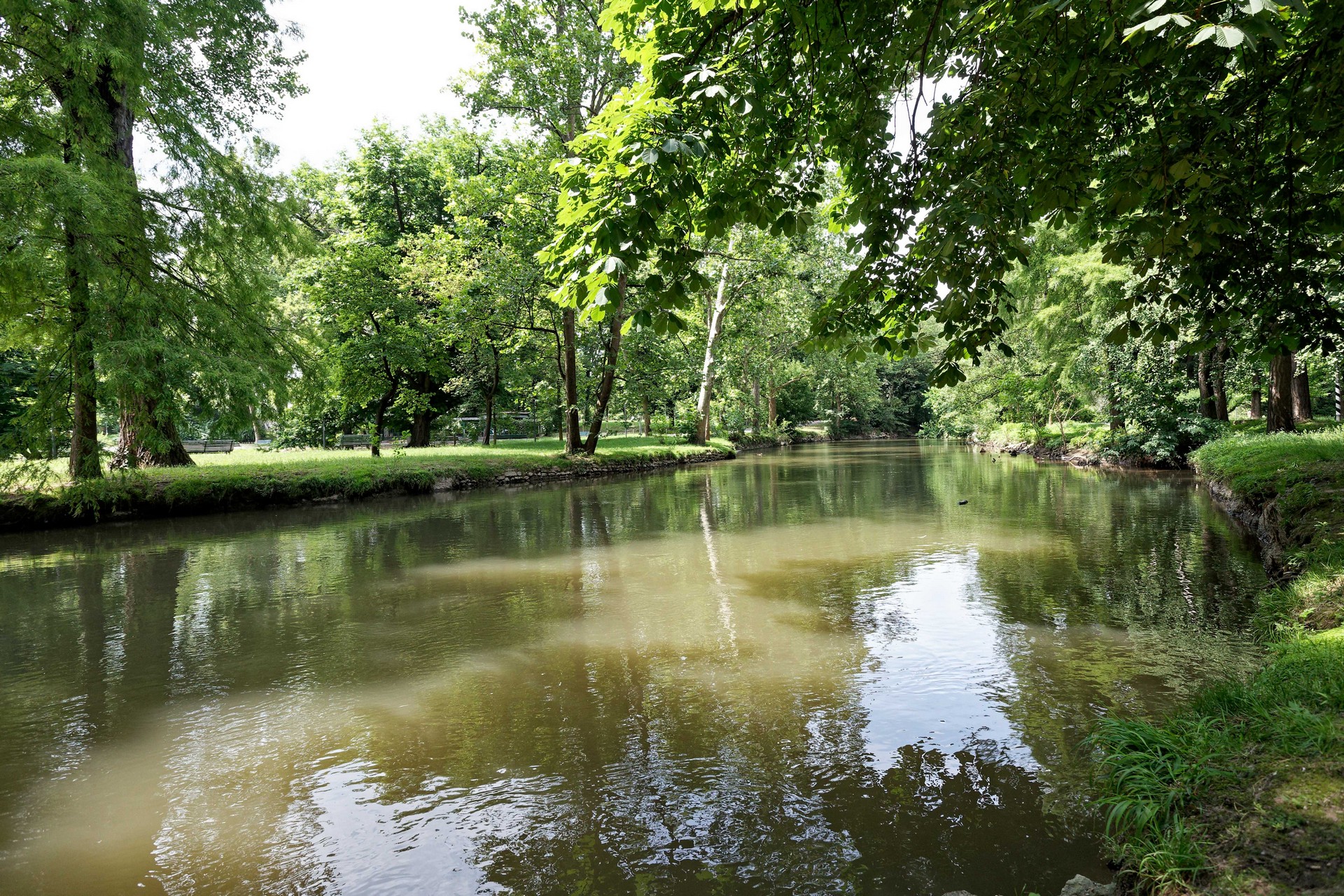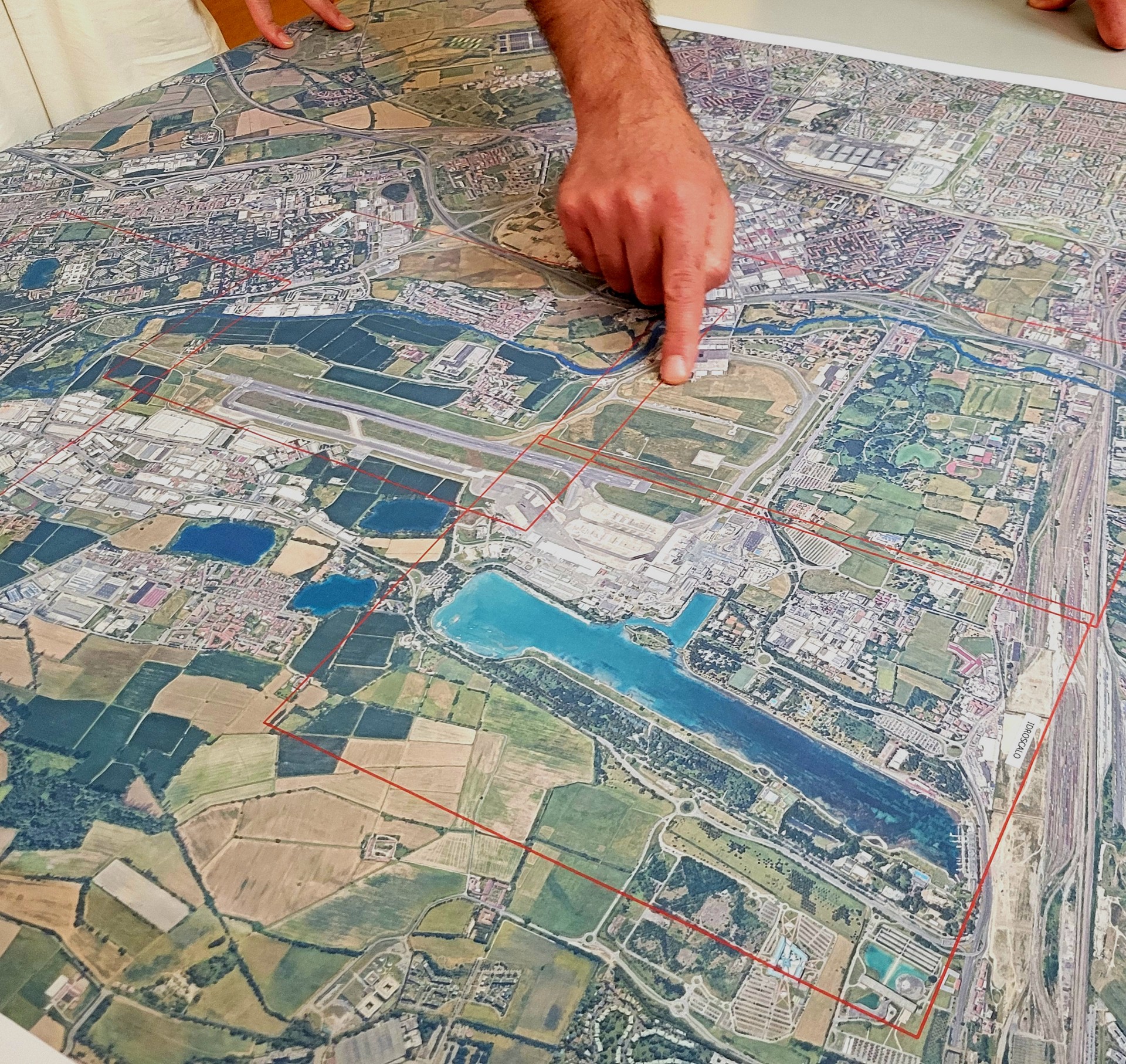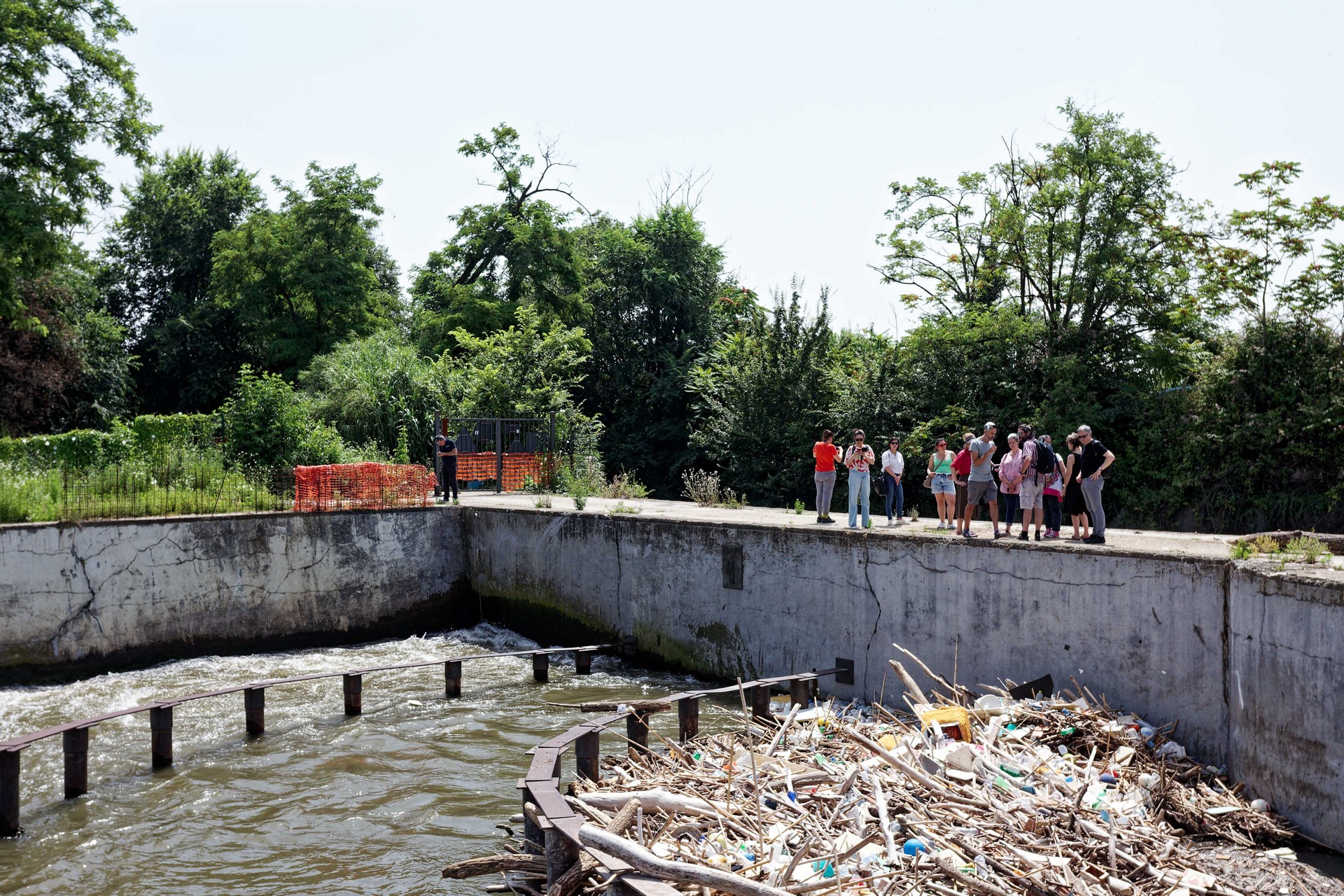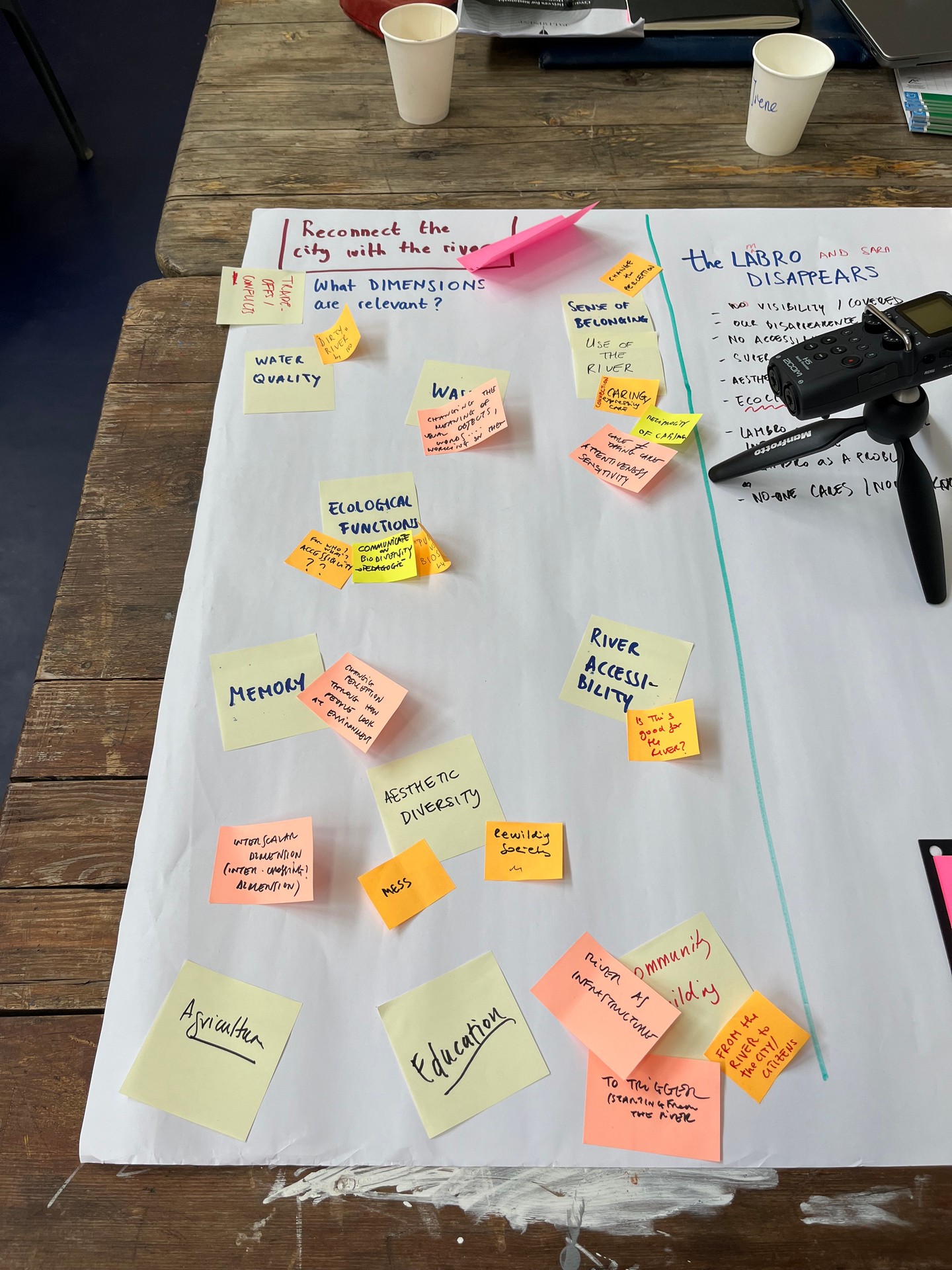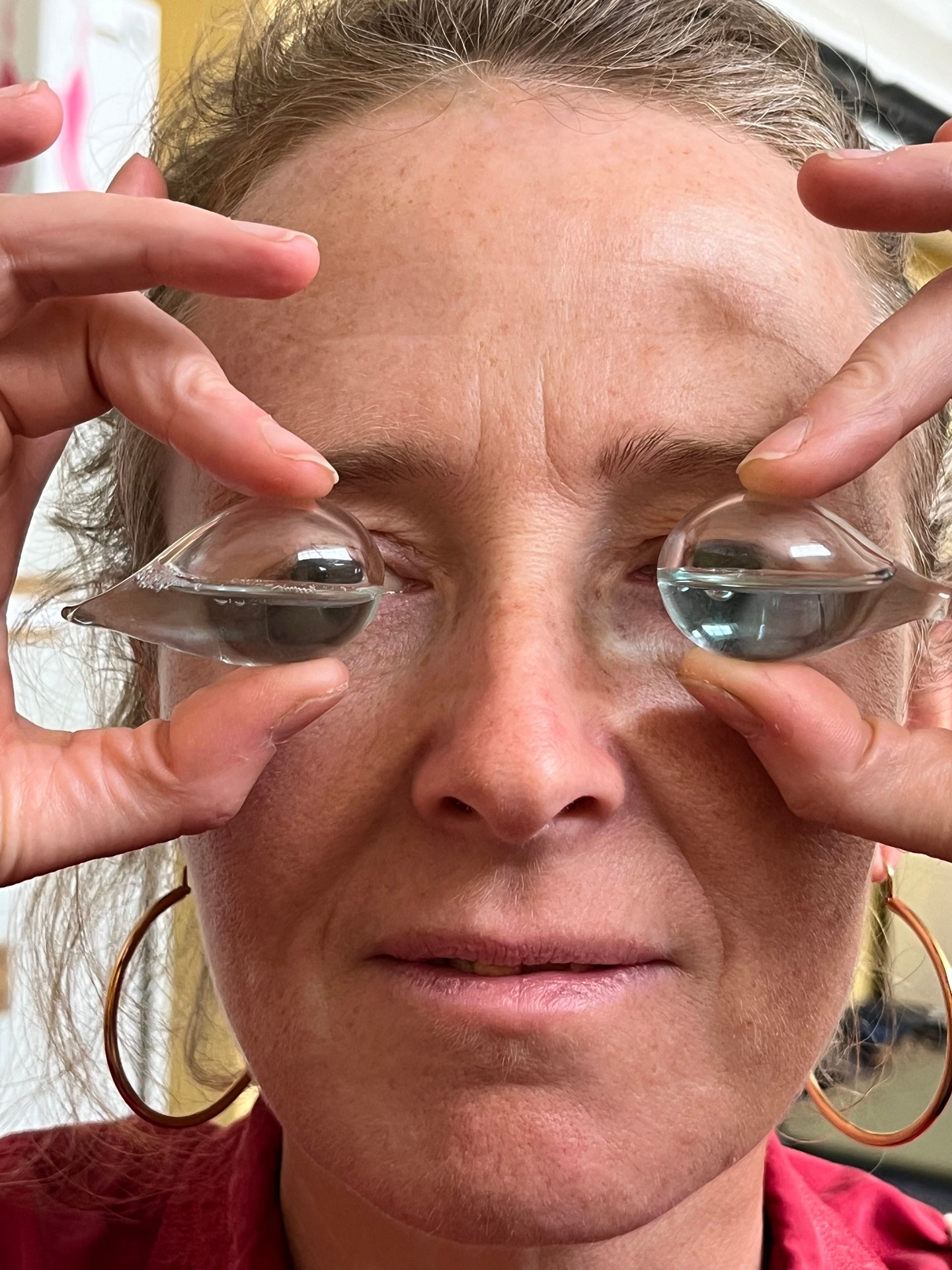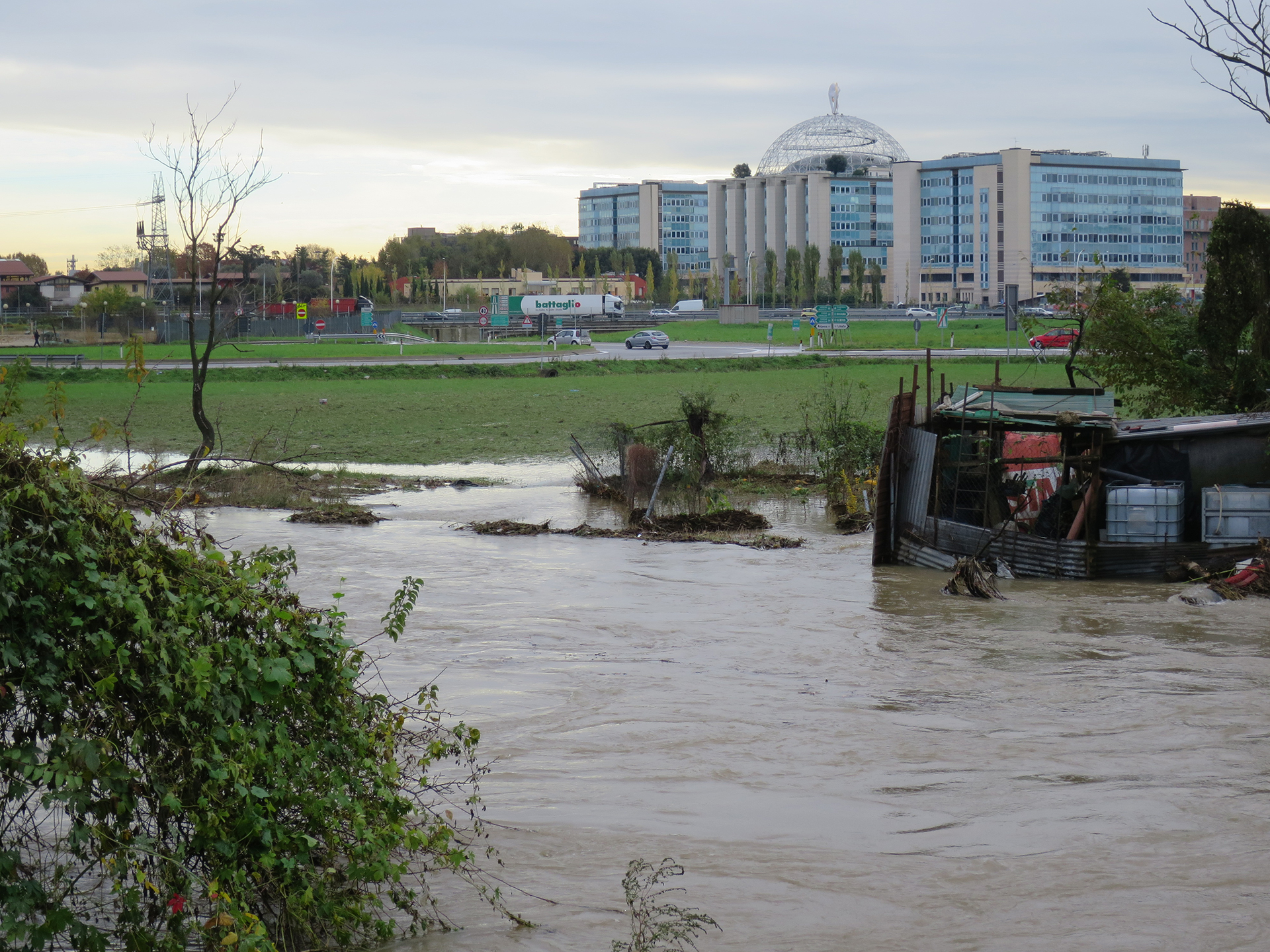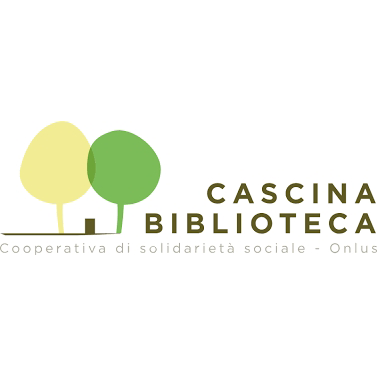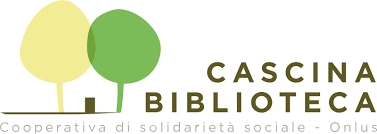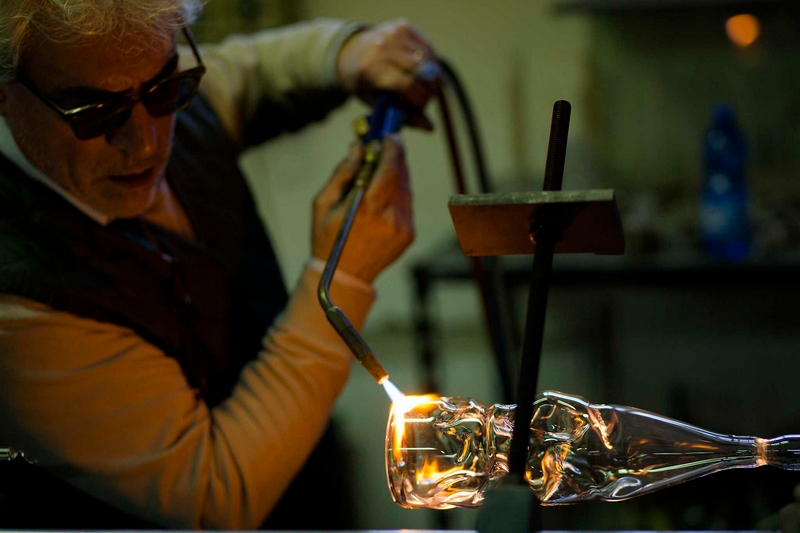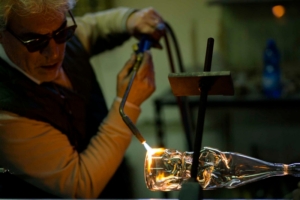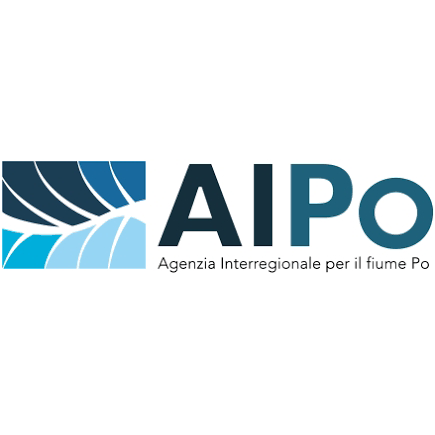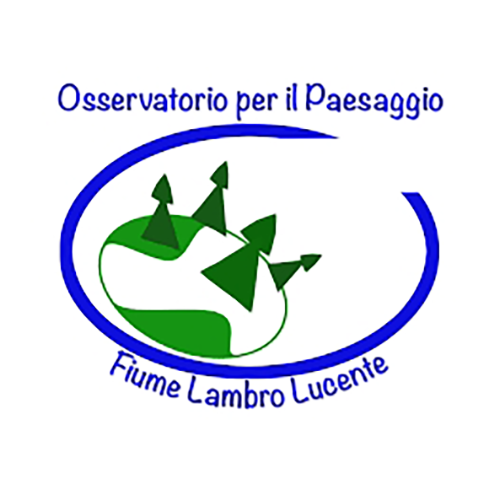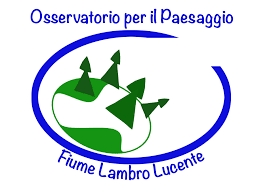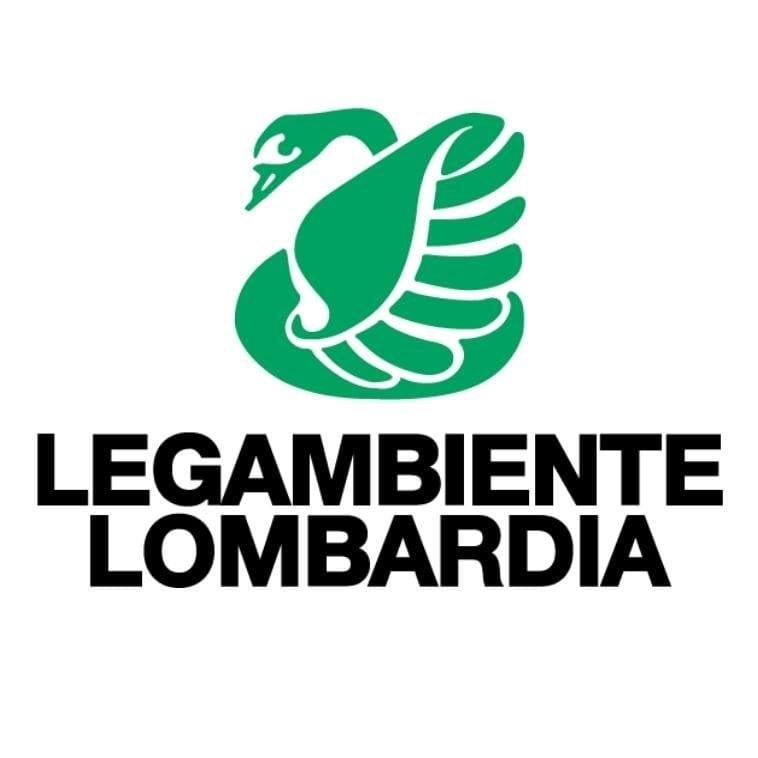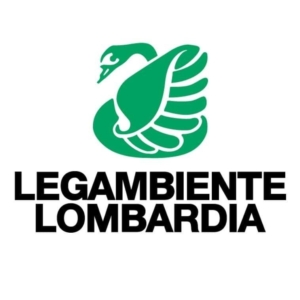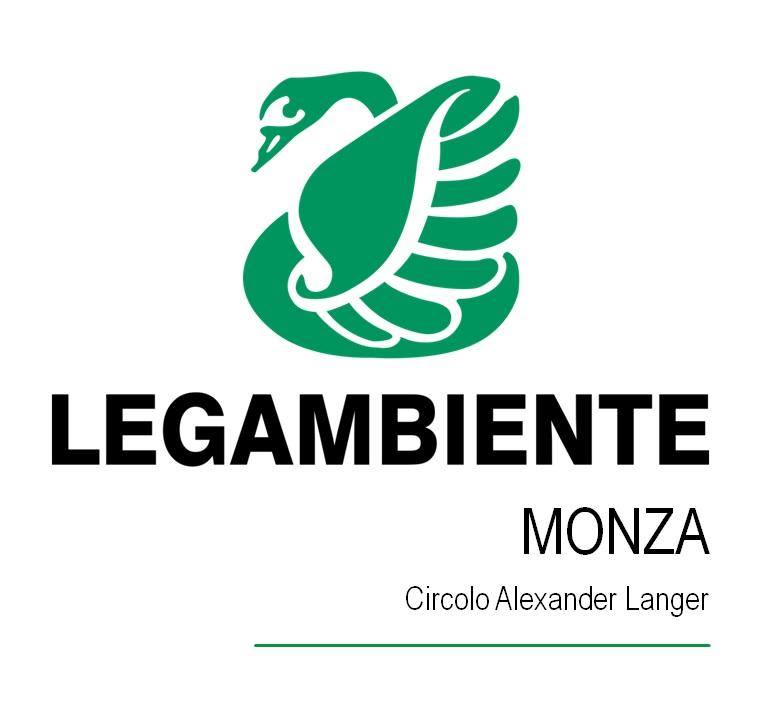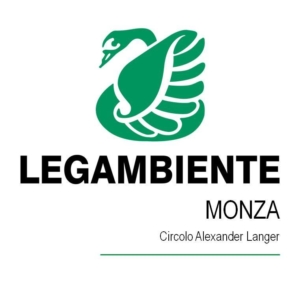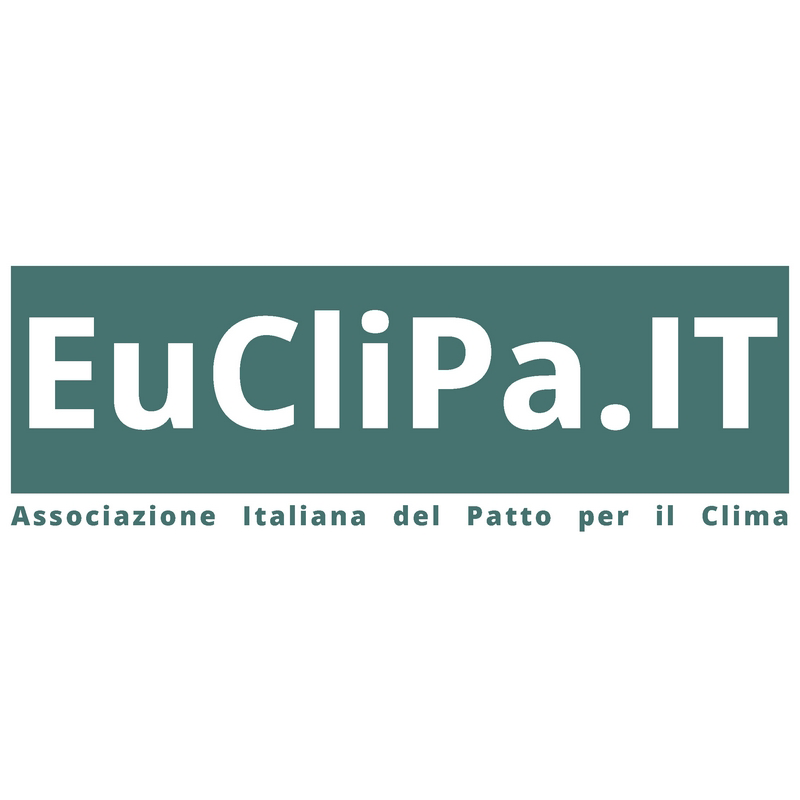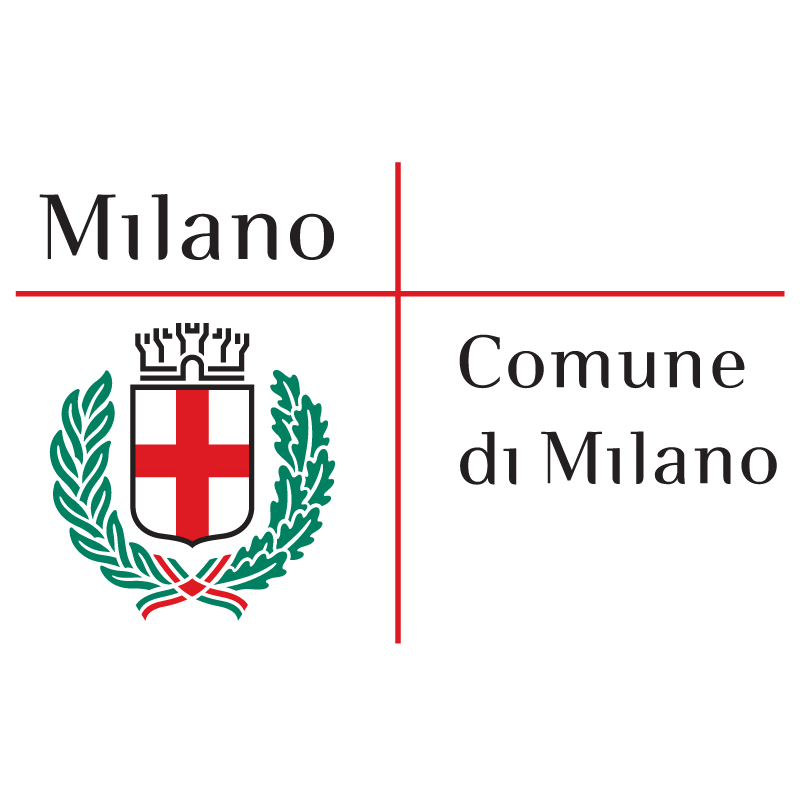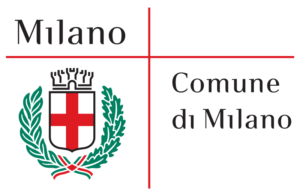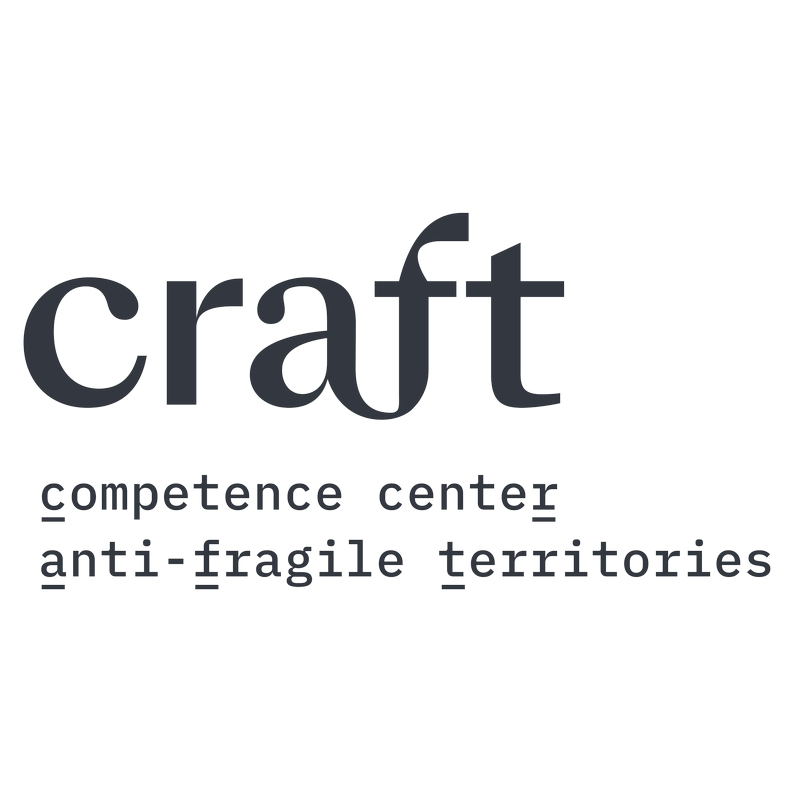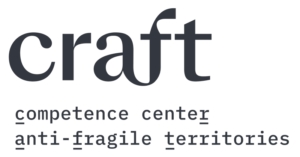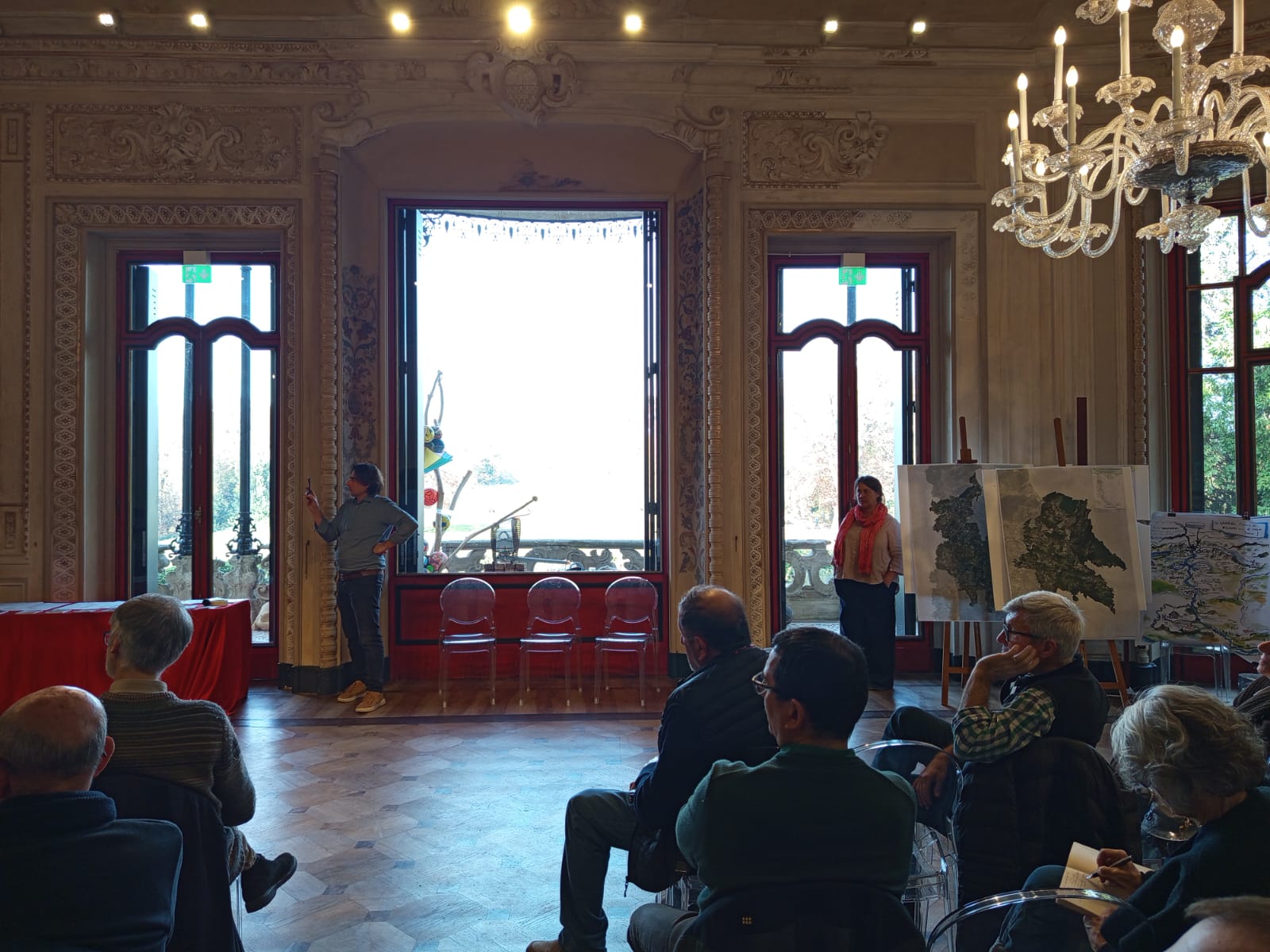The Milanese metropolitan area, located in Italy, has a peculiar relation with its waters. In the city center most of the watercourses (including three rivers and Leonardo’s network of channels) have been covered to make room for roads and urban development. Lambro River, among the others (Seveso and Olona) is the main one, and also the only one that flows uncovered in the city, crossing the districts of Cascina Gobba, Cimiano, Lambro Park, Lambrate,’Ortica, up to Forlanini Park.
Lambro river is the only accessible water basin in the eastern outskirts of the city and suburban areas. The once sustainable Milanese water landscape has not only been eroded by urban sprawl, but also strongly modified by techno-centric perspectives of hydromechanics, water management, and engineering, as well as by the adoption of agricultural and irrigation practices that increased water pollution, impacted fertility and led to a substantial biodiversity loss. Restoring the broken relationship of this region with the river and its ecosystem involves working on the aesthetic, ecological and productive values traditionally embedded in this landscape.
The Lambro is a 130-kilometers river in Lombardy, springing at Magreglio and crossing from Monza, the most populated areas of the region, including the urban area of Milan. This area reveals the contrast between the beauty of the places and cultural richness on one hand, and the gradual environmental pauperization due to pollution and neglection on the other. The use of the water resource has changed drastically in line with the industrial and economic development that has characterized the region since the 1960s, leading the river to be fractured and transformed from a collective resource to an open-air dump, resulting in impacts on the environment and the surrounding landscape. Lambro River is now perceived only for its pollution, and seems to be forgotten and avoided by citizens and local authorities.
Consequently, the river ceased to be a resource for communities, with the result of people’s unawareness and sometimes rejection.
CREATIVE ECOSYSTEM
gethan&myles
Gethan & Myles
gethan&myles is an Irish artistic duo based in Marseille, France. Participation and collaboration are at the heart of their approach – and of the works resulting from it. Their projects are a reflection of territories traversed and people met. Whether intervening on landscapes or interacting with people’s behaviours, they strive to build bridges between art and life – giving rise to questions and emotions; inviting the public to ‘re-see’ and reassess.
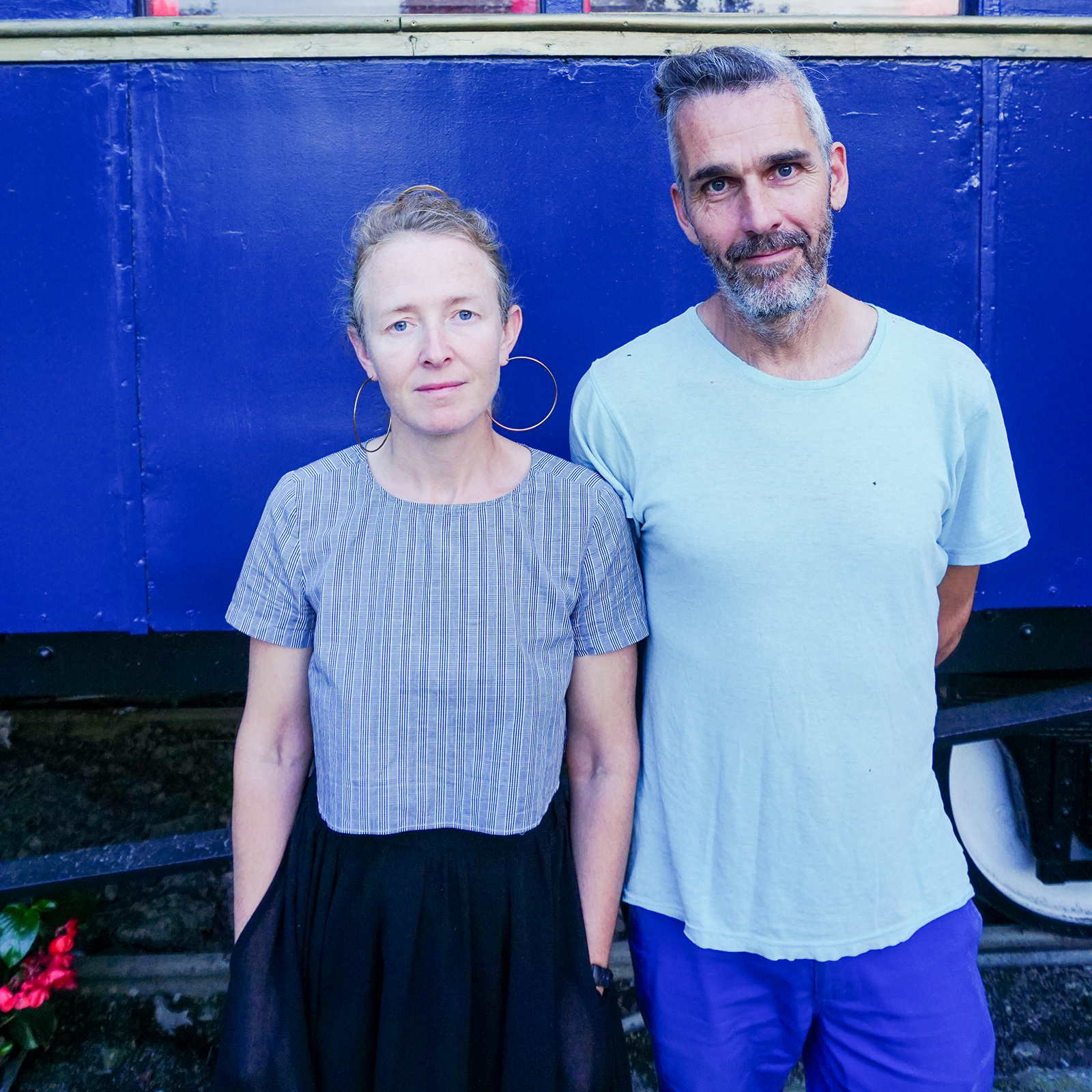
OUR CREATIVE AGENTS
OUR CREATIVE AGENTS
gethan&myles is an Irish artistic duo based in Marseille, France. Participation and collaboration are at the heart of their approach – and of the works resulting from it. Their projects are a reflection of territories traversed and people met. Whether intervening on landscapes or interacting with people’s behaviours, they strive to build bridges between art and life – giving rise to questions and emotions; inviting the public to ‘re-see’ and reassess.
Learn more about
gethan&myles

Milan Pilot News

Introducing PALIMPSEST re:SCAPE — A Living Digital Space for Creative Sustainable Interventions to Environmental Challenges
We are pleased to announce the launch of PALIMPSEST re:SCAPE, a new virtual platform developed within the PALIMPSEST project, a living digital space for creative sustainable interventions [...]



